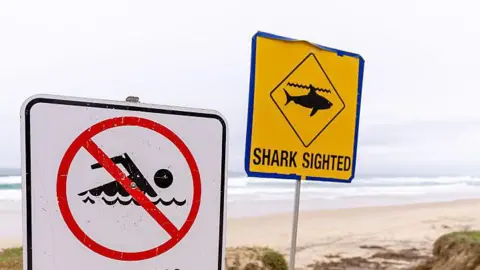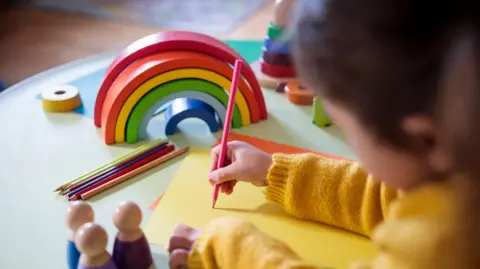Kathleen Folbigg, once known as "Australia's worst mother" and now recognized as a victim of one of the nation's most significant miscarriages of justice, has been offered A$2 million (£975,580, $1.3 million) in compensation after spending two decades wrongfully imprisoned. In 2003, Folbigg was convicted for the deaths of her four infant children, but a judicial review in 2023 indicated they likely succumbed to a genetic condition rather than any act of foul play.
Despite expectations from legal analysts that her compensation could reach upwards of A$10 million, her representation has denounced the government's offer as "profoundly unfair and unjust." Folbigg's lawyer, Rhanee Rego, stated, "The sum offered is a moral affront – woefully inadequate and ethically indefensible," arguing that the system has failed her a second time.
New South Wales Attorney General Michael Daley confirmed that the decision was based on "thorough and extensive" consideration of Folbigg's application for compensation while adhering to her request not to disclose specific details. The tragic fatalities of her children—Caleb, Patrick, Sarah, and Laura—occurred between 1989 and 1999, with prosecutors alleging she smothered them based on circumstantial evidence that depicted her as an unstable mother.
In 2003, Folbigg received a 40-year sentence for the murders. This was later reduced to 30 years upon appeal. She has consistently maintained her innocence, and in 2023, a landmark review found potential genetic causes for her children's deaths.
Rego highlighted the stark inequality in compensation, comparing Folbigg's situation to that of Lindy Chamberlain, who received $1.7 million for just three years of wrongful imprisonment after the tragic disappearance of her daughter in 1994. Forensic criminologist Xanthe Mallett suggested that Folbigg could ultimately be awarded much more, stating her compensation could be one of the largest in Australian history.
Professor Gary Edmond from the University of NSW echoed that sentiment, emphasizing a need for the compensation to reflect the severity of Folbigg's suffering, potentially reaching A$20 million. As the debate continues, many are left questioning the adequacy of the compensation for the injustice endured by Folbigg and her family.




















